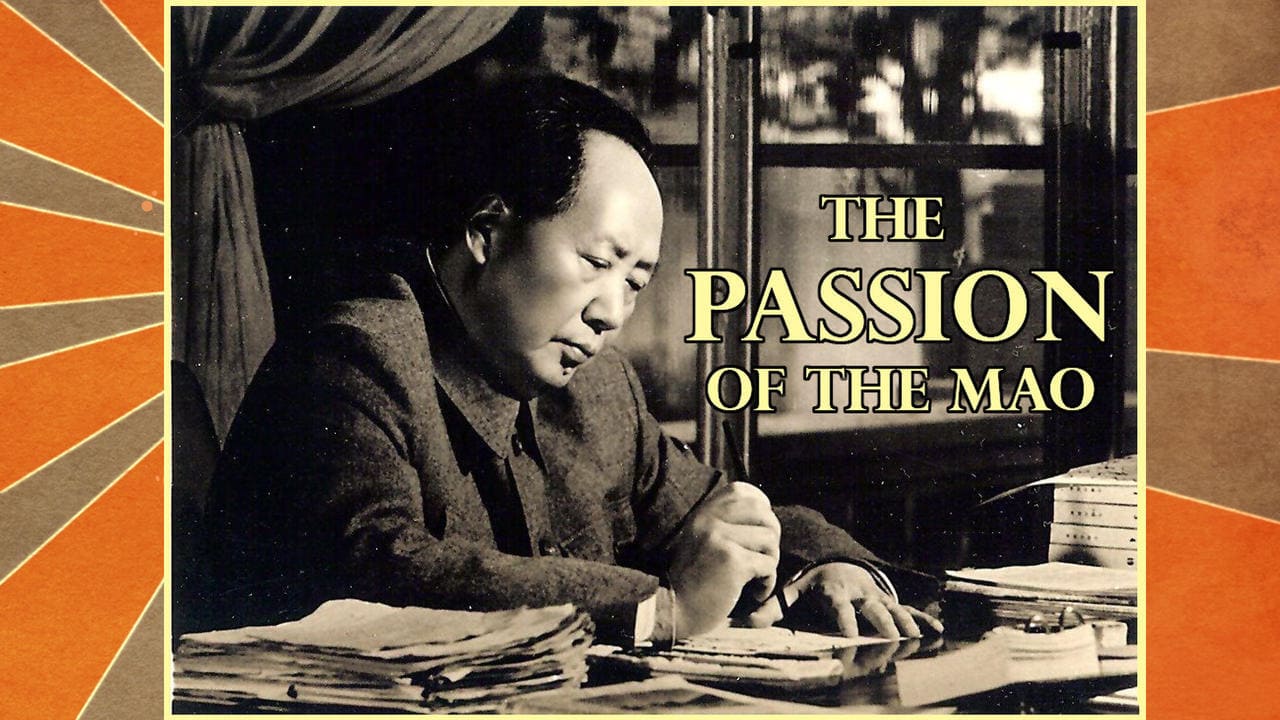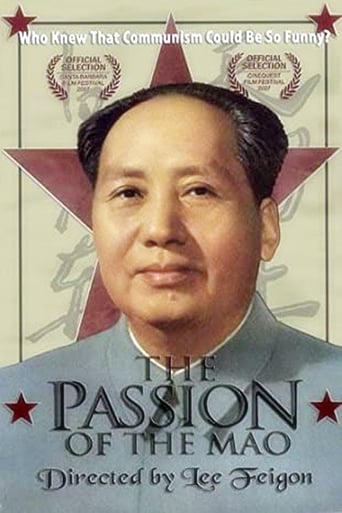

This is the most repulsive, idiotic and absurd documentary I've ever seen. How many people starved to death under Kim-Jong Il, 2 or 3 million? Mao's policies led directly to the starvation of 18 to 48 MILLION! THIS IS NOT FUNNY! Even if you were trying to be funny about Mao the professor's "jokes" mostly take the form of infantile mockery of Chinese accents.This is a fan letter from an idiot who for some reason has a job teaching somewhere. I WOULD LOVE TO KNOW WHERE! Did you know Mao was in favor of democratic elections every 4 years? The professor takes Mao's statement of this totally at face value. Mao was a great democrat! Wow, where did I ever get the impression he wasn't? Maybe his entire history in power. I don't know if I was more offended as a screenwriter, as an MA in Political Science. I think just as a human being. Hitler could only be so lucky to have a hagiographer as sycophantic, dishonest and immoral as the fool that made this.
... View MoreThe man killed possibly 50 million people; a population the size of Canada in 3 years alone during the Great Leap Forward. Teachers in the city I am writing this, Peking, were tortured and murdered by the thousands amidst 10 years of chaos. But hey! At least they closed down schools and promoted mind-numbing Peking Opera and gave women the freedom to work like slaves like the men. And he let the Dalai Lama escape, after (neglecting to mention that Mao was the one who invaded Tibet and massacred countless numbers). Imagine mocking a humorous documentary about Stalin or Hitler! But because the millions of dead were only little yellow Chinamen, their deaths don't deserve consideration and Americans for whom this was made who know nothing about the history can enjoy the infantile animation and music. www.tracesofevil.blogspot.com
... View More"The Passion of the Mao" starts out promisingly enough. Its cute cartoon scenes cause chuckles, and the overt comparison to Jesus is both a welcome mockery of Mel Gibson's film of a similar name and an indication that the subject matter will be treated lightheartedly. A little cheeky irreverence, especially with controversial topics, is always welcome. And yet the joking tone conceals some egregious conclusions. From Mao's victory in 1949 through to his death in 1976, this film would have you believe that everything is roses. Industrial output is up, agricultural output is up, life expectancy is up, education is up. Even famine and social unrest get a positive spin. That Mao was eccentric but harmless, and more importantly, blameless, is the byline. Numerous Chinese scholars at American universities are interviewed to that effect too, and viewers will have a fun time trying to spot a single negative word. "Westerners lapped up the idea that Chinese citizens in the 60s and 70s were victims," criticises one. Well, dear, that's because many of them were. And so it goes on. Finally, the filmmakers chose a narrator with abysmal Chinese pronunciation, and didn't include subtitles for some of their interviewees' whose English was a chore to follow. But as finishing touches on a flawed film, I suppose it's fitting.
... View MoreThis was a great movie! Its style was unlike that of any documentary I have seen before. While most documentaries these days seem to feel that they can inform you by being deadly dull, maybe with an occasional joke thrown in, this one kept you in stitches almost throughout. Moreover, the laughs and the goofy style had a purpose. Director Lee Feigon was trying to restore Mao's reputation but also to attack the Chairman's deification. Feigon shows that Mao deserves credit for much of the growth for which his successors have taken credit. The goofy tone Feigon uses not only makes the movie go faster but does a great job in demolishing the myth that Mao was once a god. And so we find out some of the wackier even perverse elements of Mao's private life.
... View More